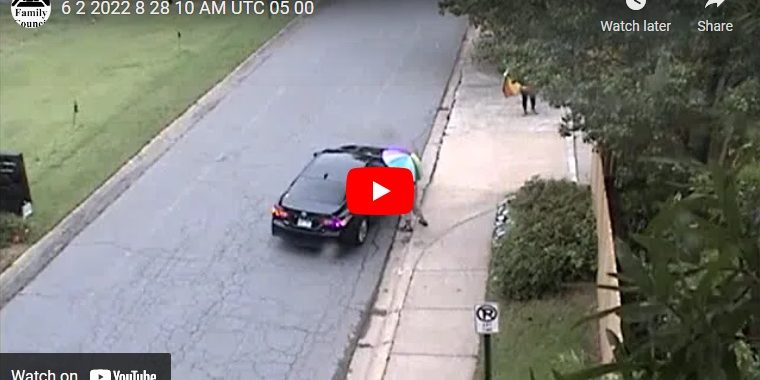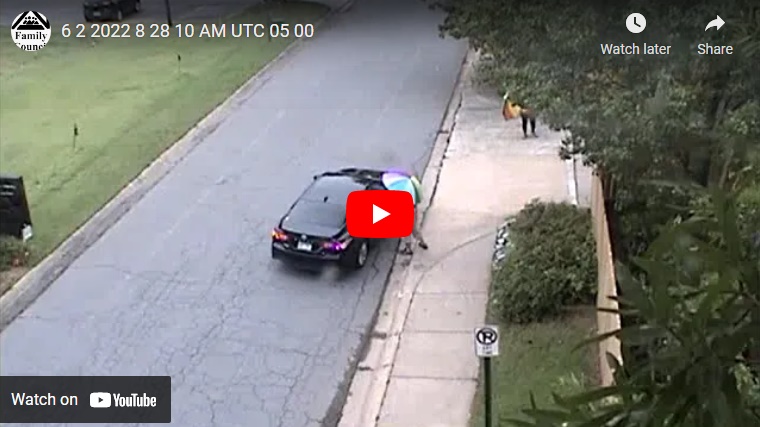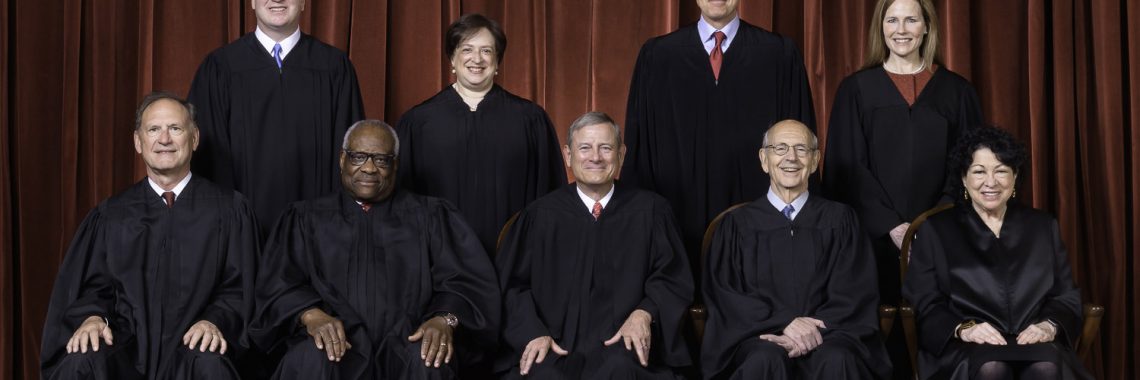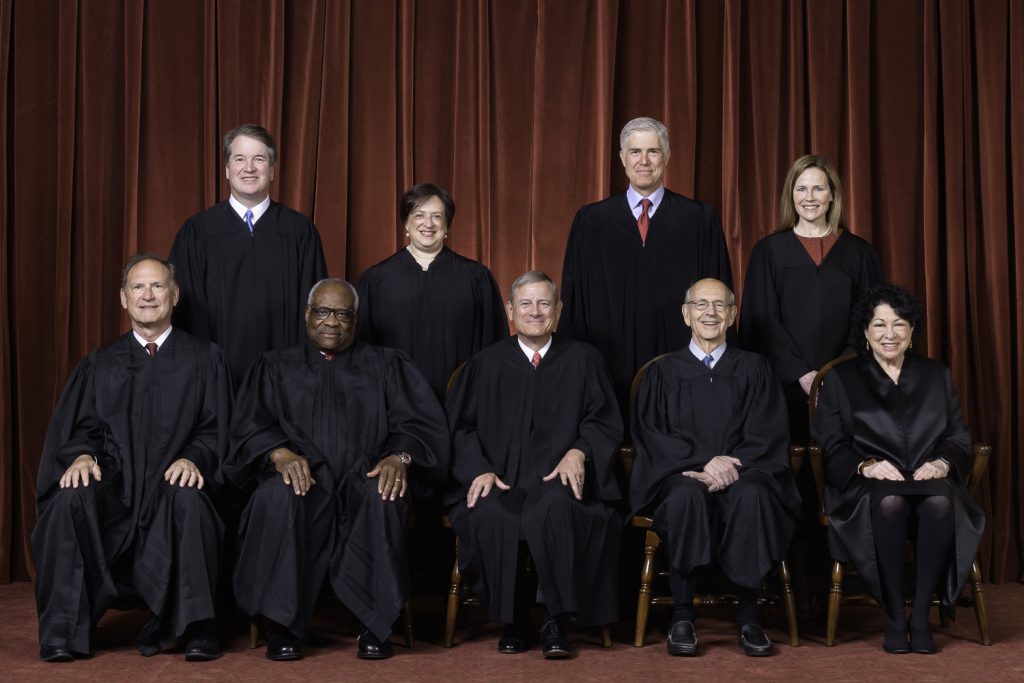Abortion Volunteers Prevent Women From Receiving Pro-Life Material Outside Little Rock Facility
Surveillance video footage seems to show pro-abortion volunteers blocking pro-lifers from sharing information with women outside Little Rock Family Planning Services — Arkansas’ only surgical abortion facility.
The video footage was obtained from the Little Rock Police Department via the state’s Freedom of Information Act.
In one clip from Thursday, June 2, a pro-life volunteer can be seen handing material to a passenger inside a vehicle at the facility.
A few seconds later, the video appears to show a pro-abortion volunteer taking the material away from the passenger before directing the vehicle into the abortion facility’s parking lot.
Family Council staff spoke with a source familiar with the situation who said the material contained information about options besides abortion.
You can watch that video clip below.
In other surveillance video footage from Friday, June 3, 2022, a pro-abortion volunteer can be seen hurrying to direct vehicles past pro-lifers outside the facility before walking back onto the abortion facility’s property.
These efforts appear to be intended to prevent pro-lifers from communicating with women at the abortion facility.
You can see some of those video clips below.
9:29 AM June 3
9:30 AM June 3
9:34 AM June 3
Arkansas’ informed-consent laws require that women be given all the facts about abortion — including its risks, consequences, and alternatives — and pro-lifers work very hard to let women know that they have options besides abortion.
Unfortunately, these surveillance videos seem to indicate that volunteers for the abortion facility in Little Rock don’t want women to know about those options.
In May, Family Council received video of pro-abortion volunteers using loud music and umbrellas to block pro-lifers from engaging in outreach outside Little Rock Family Planning Services.
Additionally, Little Rock Police have documented multiple incidents outside the surgical abortion facility in over the years, and recently placed a mobile surveillance tower near the facility to deter criminal behavior.
Every day that Little Rock Family Planning Services is open for business, pro-lifers gather for peaceful prayer and to talk with women about pro-life alternatives to abortion. Multiple unborn children have been saved from abortion because of their ministry.
Some pro-life groups estimate the “no-show” rate for abortion appointments can go to as high as 75% when people pray in front of an abortion facility.
The fact that pro-abortion volunteers would want stop pro-lifers from making contact with women at the abortion facility speaks volumes about how effective this pro-life ministry is.
Articles appearing on this website are written with the aid of Family Council’s researchers and writers.






